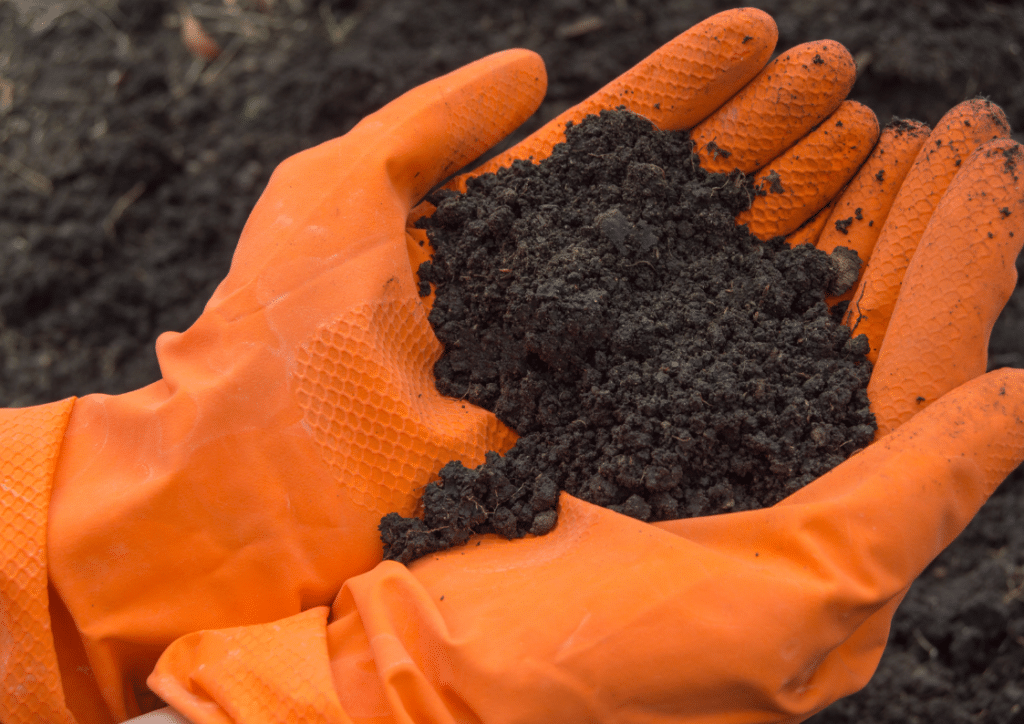The world’s soils, which provide 95% of humanity’s food, are “under great pressure,” according to a UN report, as soil pollution spreads seamlessly throughout terrestrial and aquatic environments and is redistributed by way of food and production chains.
—
Soils are the largest active store of carbon next to the oceans, making it crucial in mitigating the climate crisis. However, industrial pollution, excessive mining and farming, and unregulated waste management are poisoning the soils. More specifically, these pollutants include metals, cyanides, DDT, pesticides and organic chemicals such as PCBs, also known as Polychlorinated biphenyls, which are a group of man-made chemicals that can generate harmful by-products such as dioxins under combustion. However, the report has stated that most of the pollutants that end up penetrating soil layers are difficult to quantify, making the true level of damage uncertain.
The annual global production of industrial chemicals has doubled since 2000 to 2.3 billion tonnes and is expected to nearly double the current chemical production rate by 2030. The UN warns that due to contaminants including pharmaceuticals, antimicrobials and plastics, soil pollution is expected to increase rapidly.
What Are the Effects of Soil Pollution?
“Soil pollution may be invisible to human eyes but it compromises the food we eat, the water we drink and the air we breathe. Pollution knows no borders – contaminants move through soil, air and water. It is time to reconnect with our soils, as it is where our food begins. Soil pollution should no longer be a hidden reality. Let us all be part of the solution to soil pollution,” Inger Andersen, head of the UN environment stated.
Since the Industrial Revolution, 136 billion tonnes of soil has been lost and because it takes thousands of years for soils to reform or even recover, urgent protection is necessary.
The report concludes: “Soil contaminants can have irreparable consequences on human and ecosystem health.” Although the major contributing factor of soil pollution differs by region, the biggest problem is the heavy industrialisation in western Europe and North America, mostly farming in Asia, Latin America and eastern Europe, and mining in sub-Saharan Africa. In North Africa, urban pollution is predicted to be the biggest source of contamination.
The report calls for urgent action to tackle soil pollution, specifically emphasising on the need for governance and legal frameworks, such as international conventions that regulate persistent organic pollutants, as well as thorough identification and risk assessment of contaminated sites and polluted soils.
The report ends by stating, “Greater political, business and social commitment is needed to seek alternatives to the use of highly toxic contaminants and to increase investment in research, prevention and remediation.” Improved knowledge and awareness of maintaining soil fertility is a crucial step to mitigate climate and environmental issues.
You might also like: The Biggest Environmental Problems Of 2021














